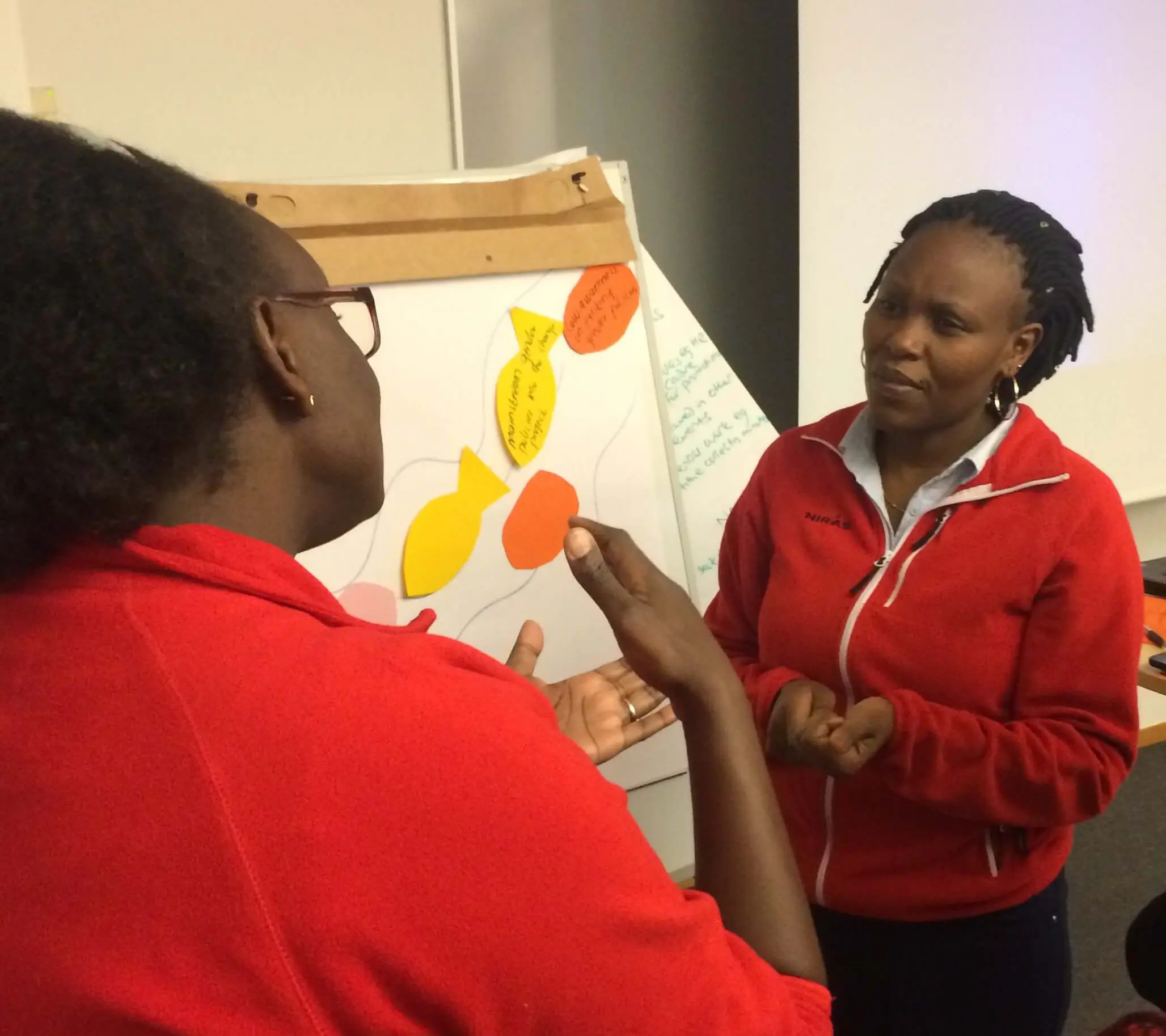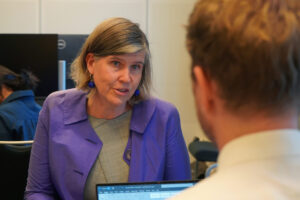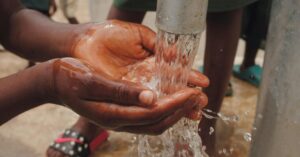Inspiring discussions about gender in urban WASH
During a one-day training module on urban WASH and gender water practitioners from Bangladesh, Kenya, Myanmar, Tanzania and Uganda shared their experiences about how gender relations affect the delivery of WASH services in their cities.
The participants also took on the challenge of identifying activities within their own Change Projects that could be introduced to engage women and men more equally and ensure that the interests of both sexes are taken into consideration. And the topic continued to spark discussions during the following days.
 On 30 September, WGF’s Moa Cortobius contributed with a full-day training on gender and urban WASH as part of the International Training Programme (ITP) on Sustainable Urban Water and Sanitation – Integrated Processes. The programme is organized by NIRAS indevelop and WaterAid Sweden, financed by Sida, and brought together 30 water practitioners from the capital areas of five developing countries – Bangladesh, Kenya, Myanmar, Tanzania and Uganda – for three weeks of training, lecturers and study visits in Sweden.
On 30 September, WGF’s Moa Cortobius contributed with a full-day training on gender and urban WASH as part of the International Training Programme (ITP) on Sustainable Urban Water and Sanitation – Integrated Processes. The programme is organized by NIRAS indevelop and WaterAid Sweden, financed by Sida, and brought together 30 water practitioners from the capital areas of five developing countries – Bangladesh, Kenya, Myanmar, Tanzania and Uganda – for three weeks of training, lecturers and study visits in Sweden.
The full training programme runs over a period of one year and each participant is responsible for developing and implementing a Change Project in their respective home organization. One of the primary objectives of the training module was, therefore, to support the practitioners to integrate gender in their Change Projects.
To ensure enough time to dig deep into the participants’ perspectives and experiences related to gender roles and their links to urban water and sanitation a number of participatory exercises and group discussions were organized. Jointly they explored differences and similarities between women’s and men’s situations and opportunities in their countries.
The complexity of measuring gender equality based on sex-aggregated data was discussed at several points. The, at times, discrepancy between women’s representation in political processes and their influence over decision-making was brought up. Women taking the role as secretary, having only a nominal role in management, was used to exemplify. But the participants also pointed out that the election of women from powerful families does not always signal a general acceptance of women as decision-makers. And further, when in power, female leaders may not necessarily have the interest of poor or marginalized women as their first priority.
Finally, the practitioners set out to analyze how they could include gender sensitive actions in their Change Projects. To include a team member with gender expertise and to specifically encourage women entrepreneurs to move into the faecal sludge management business were among the opportunities presented. A Change Project focused on awareness raising for women about hygiene practices recognized that perhaps more attention to men’s involvement was needed.
After the full-day of engaged discussions and exchange of experiences all felt enriched with a deeper understanding of the complexity of the links between gender and urban WASH. And according to the organizers the conversations about gender equality continued over the following days – until it was time for the participants to travel back home.







